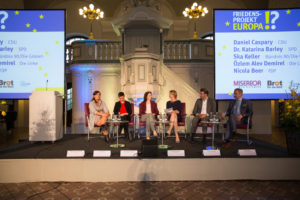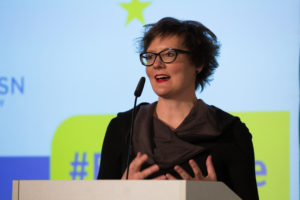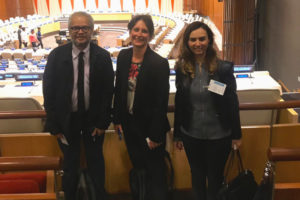
The development of the United Nations (UN) is historically intertwined with that of many countries belonging to the “Global South“ and their concerns. How can today’s relation between the UN Development System and South-South Cooperation be best described, and how has it been changing due to greater economic power and more intense cooperation within the “Global South”?
During a panel discussion co-organised by the International Studies Association and UN Academic Impact at the United Nations in New York on 25 April 2019, these questions were discussed also against the background of the outcome of the recent BAPA- plus-40 conference on South-South Cooperation. Silke Weinlich (DIE) und Paulo Esteves (BRICS Policy center and part of the Managing Global Governance Network) deplored the weak multilateralisation of South-South cooperation and called for updating South-South cooperation guidelines to better take into account the principles of the 2030 Agenda for Sustainable Development.

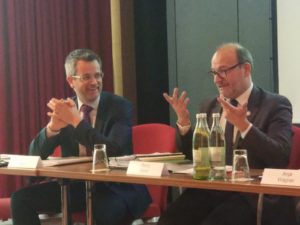
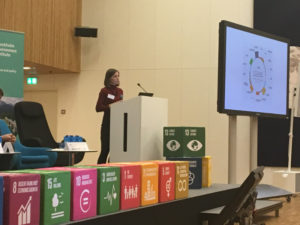
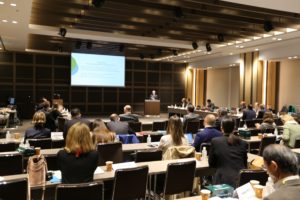 On 9 April 2019 the German Development Institute / Deutsches Institut für Entwicklungspolitik (DIE) and the Research Institute of Economy, Trade and Industry (RIETI) jointly organised the expert roundtable „
On 9 April 2019 the German Development Institute / Deutsches Institut für Entwicklungspolitik (DIE) and the Research Institute of Economy, Trade and Industry (RIETI) jointly organised the expert roundtable „